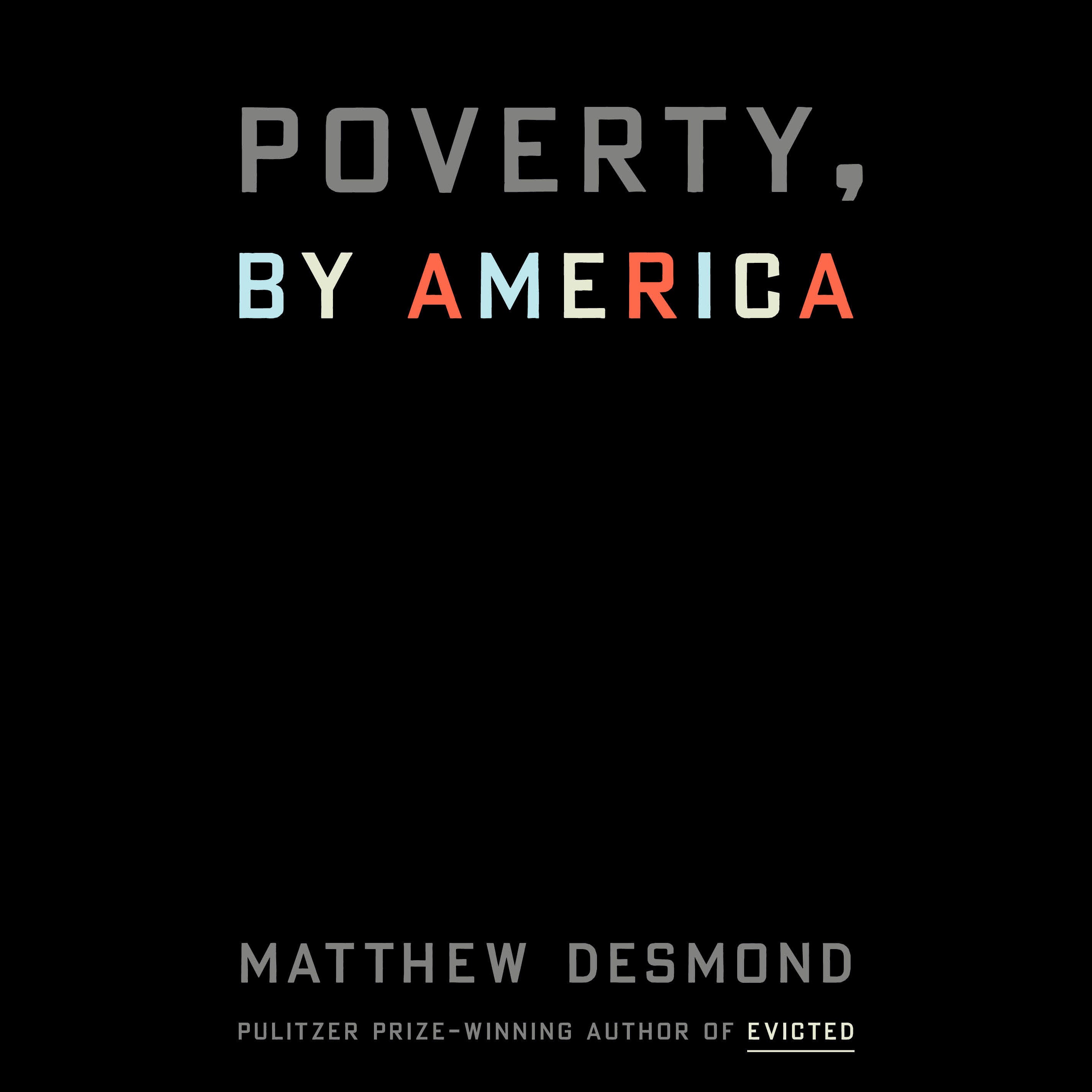
Poverty, by America
“Dion Graham is a master of nonfiction narration. He knows exactly when to pause, sets off quotations flawlessly, and brings exquisite emotion to the text…Graham performs with energy and intensity, matching Desmond’s outrage. Winner of AudioFile Earphones Award.”
AudioFile
Winner of an AudioFile Earphones Award
A New York Times Book Review Editor’s Choice of the Week
An Amazon Best Book of the Month
A #1 New York Times bestseller
A BookPage Top Pick of the Month's Best Audiobooks
A Barnes & Noble Best Book of the Year
An AudioFile Best Audiobook of the Year
Longlisted for the Andrew Carnegie Medal for Excellence in Nonfiction
One of Barack Obama's Favorite Books of the Year
A New Yorker Best Books of the Year
An Oprah Daily Pick of 2023's Best Books
A Time Magazine Book of the Year
An Esquire Magazine Best Book of the Year
A Chicago Public Library Best of the Best
Winner of the Audie Award for Best Non-Fiction Narration
The Pulitzer Prize–winning author of Evicted reimagines the debate on poverty, making a case about why it persists in America: because the rest of us benefit from it.
The United States, the richest country on earth, has more poverty than any other advanced democracy. Why? Why does this land of plenty allow one in every eight of its children to go without basic necessities, permit scores of its citizens to live and die on the streets, and authorize its corporations to pay poverty wages?
In this landmark book, acclaimed sociologist Matthew Desmond draws on history, research, and original reporting to show how affluent Americans knowingly and unknowingly keep poor people poor. Those of us who are financially secure exploit the poor, driving down their wages while forcing them to overpay for housing and access to cash and credit. We prioritize the subsidization of our wealth over the alleviation of poverty, designing a welfare state that gives the most to those who need the least. And we stockpile opportunity in exclusive communities, creating zones of concentrated riches alongside those of concentrated despair. Some lives are made small so that others may grow.
Elegantly written and fiercely argued, this compassionate book gives us new ways of thinking about a morally urgent problem. It also helps us imagine solutions. Desmond builds a startlingly original and ambitious case for ending poverty. He calls on us all to become poverty abolitionists, engaged in a politics of collective belonging to usher in a new age of shared prosperity and, at last, true freedom.
Praise
